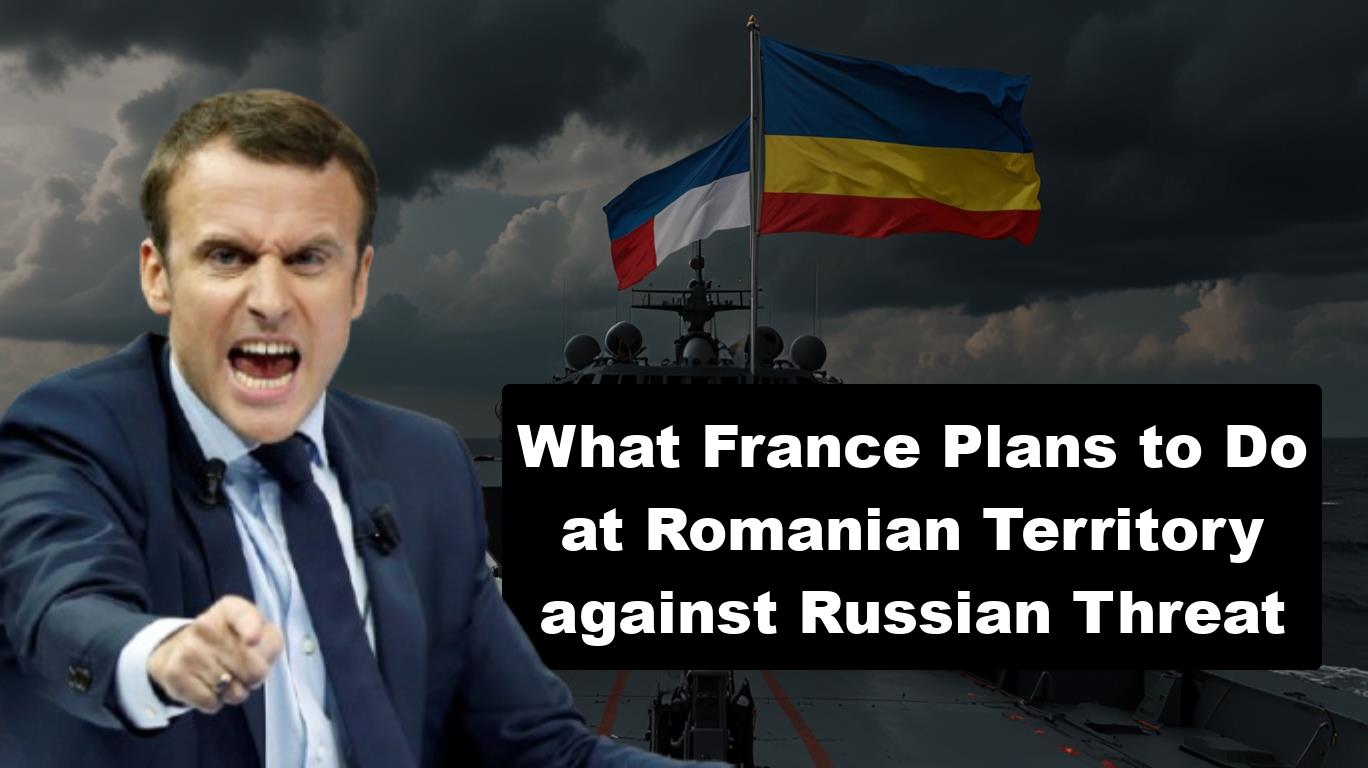
In recent years, the European Union (EU) has made it a primary mission to stand firm in its support of Ukraine amidst Russia’s ongoing aggression. With the United States resuming military aid and intelligence sharing with Ukraine, the EU has been forced to assess and refine its approach to security assistance. One striking measure has been the increased involvement of France, which is not only reinforcing its military commitment to Ukraine but also taking preventive actions against any potential threats to European security, especially in the Black Sea.
France Leads in Military and Diplomatic Efforts
As tensions escalate, one of the most significant moves by France has been its activation of the Mamba missile system in the Black Sea. This system, part of France’s broader defense strategy, has been deployed in response to Russian President Vladimir Putin’s aggressive stance toward Ukraine. The Black Sea, particularly the Crimean Peninsula, holds immense strategic value. By deploying Mamba, France is sending a clear message to Putin: any attempts to escalate beyond Ukraine will face significant opposition.
Though the EU has not confirmed that peacekeeping troops will be deployed to Ukraine, the possibility remains on the table. In the interim, France’s actions speak volumes about its commitment to defending Europe. The Mamba missile system, part of France’s modern military arsenal, was tested aboard the French amphibious assault ship Tona in the Black Sea, ensuring rapid deployment capabilities and reinforcing NATO’s eastern defenses.
The Mamba System: France’s Game-Changer
The Mamba missile system, a long-range surface-to-air defense system, uses Aster 30 missiles capable of intercepting air threats from distances up to 100 km. Each missile, weighing approximately 450 kg and measuring 4.9 meters in length, is equipped with a high-explosive fragmentation warhead, making it a formidable deterrent against air threats. With a launcher that can hold up to eight missiles, the Mamba system provides enhanced defense capabilities, not only for France but for all of NATO’s eastern members.
The system’s successful integration aboard the Tona ship highlights France’s forward-thinking approach to air defense and naval cooperation. It ensures that France and its allies are ready to respond quickly to any security challenges in the region, reinforcing the EU’s security framework and solidifying France’s position at the forefront of modern military capabilities.
Macron’s Vision for Europe’s Security
While France’s military actions are important, President Emmanuel Macron has also been vocal about the broader strategic direction for Europe. He has proposed a European nuclear deterrence strategy, a response to concerns over the United States’ shifting priorities. Macron emphasized that the EU must not remain dependent on the U.S. nuclear umbrella and called for a shared nuclear security shield among European nations. This could involve joint nuclear defense initiatives between France and the United Kingdom, which, like France, maintain their own nuclear arsenals.
At the same time, Macron has warned of the risks posed by Russia’s ambitions and the potential for instability in Europe. He has urged European nations to increase their defense investments, recognizing the need for a more autonomous and united defense system. Macron’s vision is for Europe to take more control over its security, reducing reliance on external powers like the U.S. and ensuring a stronger, independent European defense infrastructure.
The Mineral Resources Dilemma
Another crucial aspect of France’s strategy involves Ukraine’s vast mineral resources, which are critical for both the military and civilian industries of Europe. Ukraine is home to substantial reserves of minerals such as lithium, cobalt, and titanium—resources that are vital for the production of batteries, electronics, and aerospace components. As the war continues, both the U.S. and France are keeping a close eye on Ukraine’s mineral wealth, with each country seeking access to these resources to strengthen its own industries and reduce reliance on China, which currently dominates the global supply chains for many of these critical minerals.
However, the occupation of large portions of Ukraine’s mineral-rich regions by Russia complicates matters. As much as 40 to 70% of Ukraine’s mineral resources are under Russian control, making it difficult for the EU and the U.S. to secure a reliable supply of these materials. This has led to discussions about how to handle Ukraine’s mineral wealth, with the U.S. reportedly seeking a share of these resources in exchange for continued military support.
Macron’s government, however, has been cautious about entering into such arrangements. France is working on long-term solutions for the European Union, focusing on how to integrate Ukraine’s resource strategy into the EU’s broader economic and security framework. Macron’s emphasis on securing these resources for Europe’s future—while avoiding an overreliance on the U.S.—shows the depth of France’s commitment to a strategic, independent European defense system.
The Road Ahead for Europe and Ukraine
As the war in Ukraine continues to unfold, Europe faces a delicate balancing act. The EU must maintain its support for Ukraine while preparing for the long-term challenges posed by Russia’s aggression. France’s actions, from deploying the Mamba missile system to pushing for a European nuclear deterrence strategy, underscore its commitment to ensuring that Europe remains secure and capable of responding to any threat.
While Macron has ruled out sending French troops to Ukraine for direct combat, his leadership in military and diplomatic efforts has been pivotal in strengthening the EU’s resolve. France’s influence is felt not only in its military contributions but also in its ongoing diplomatic efforts to safeguard Ukraine’s future, especially when it comes to critical resources.
In conclusion, France’s role in the Ukraine crisis and its broader security strategy in Europe represent a significant shift toward greater European autonomy. With the EU taking decisive steps to bolster its defense capabilities, and France leading the charge, Europe is preparing for a future where it is less reliant on external powers and more capable of securing its own future in the face of an increasingly assertive Russia.




